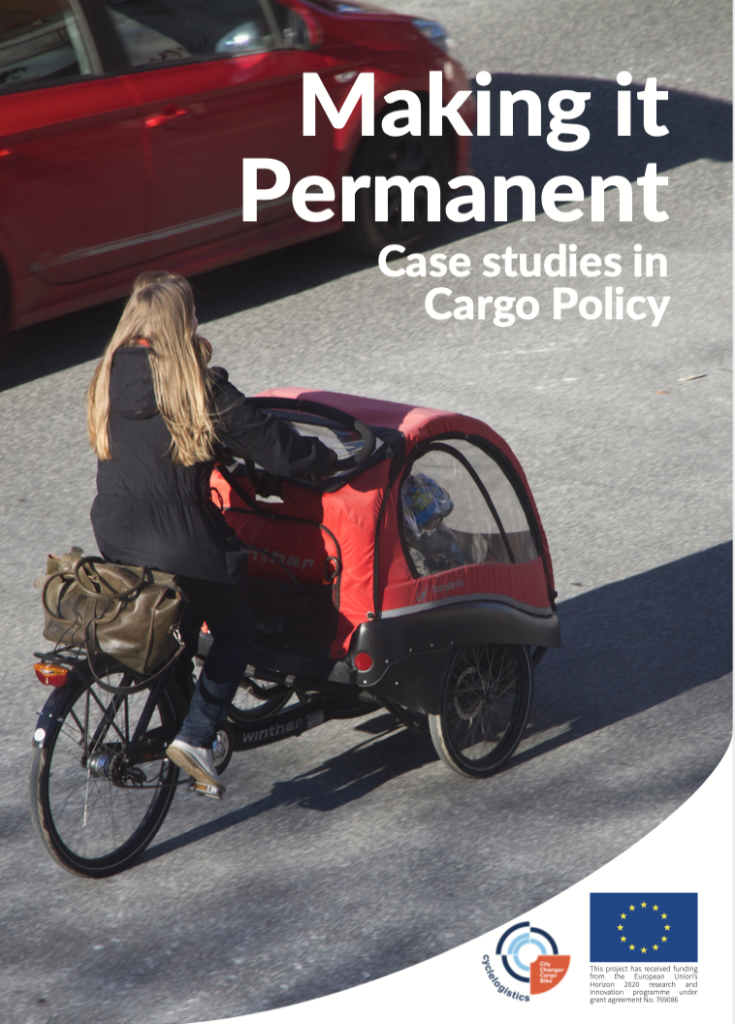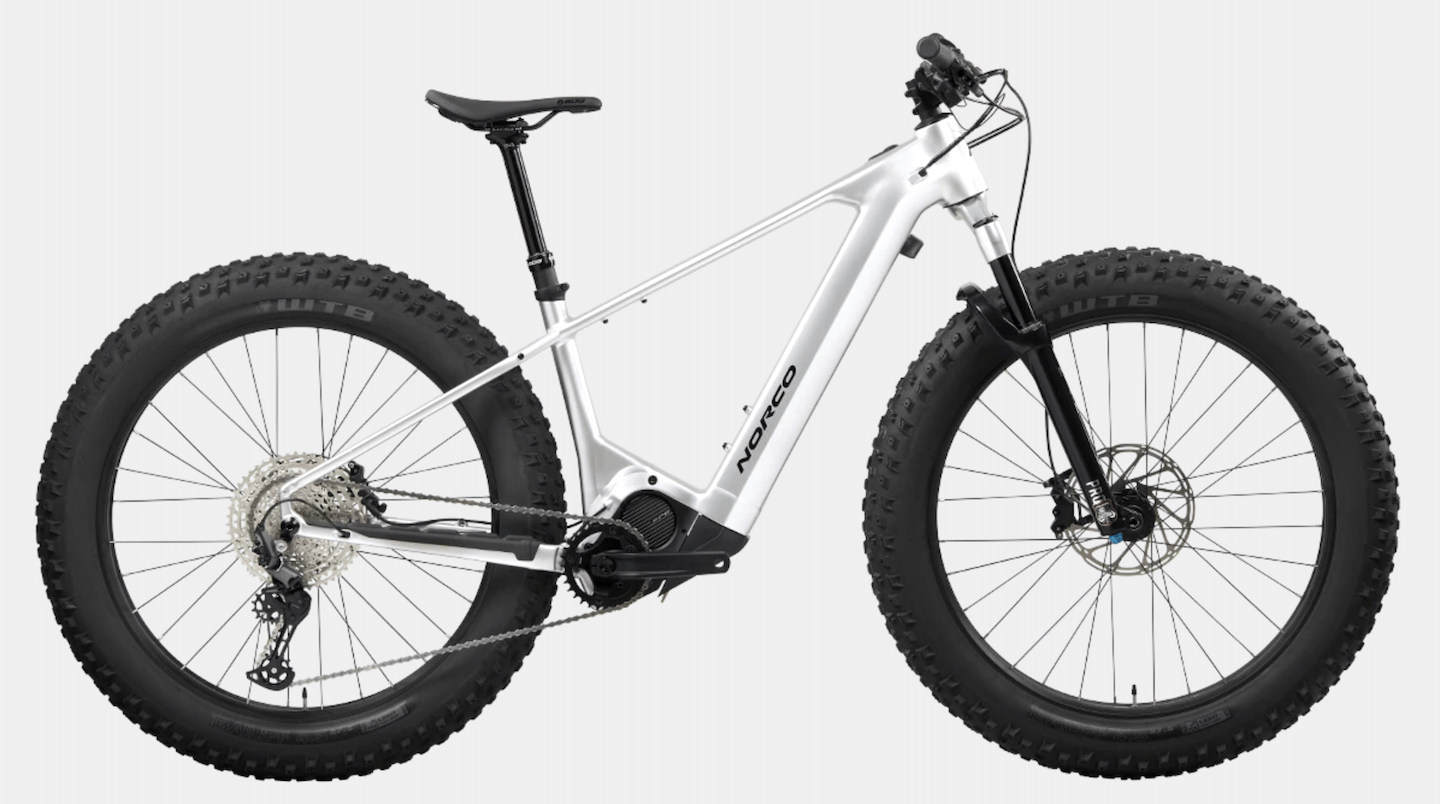July 28, 2022 - The following document begins by introducing the reader to cargo bikes as a concept and as a multifaceted tool for achieving sustainable cities. The document then highlights a selection of cargo bike initiatives achieved over the length of the CCCB project. The concepts presented showcase how governments can encourage cargo bike uptake through measures including, but not limited to subsidies, sharing schemes, infrastructural support, and dissemination. Each concept is supported by successful case studies accomplished by CCCB members over the length of the project.

What is a Cargo Bike?
Cargo bikes are bicycles that have been specifically designed to carry cargo, be it heavy or light, big or small. Cargo bikes take many forms, ranging from the traditional short john, to the three-wheel cargotrike models, to custom built four-wheel frames with electric pedal assist motors for specific commercial needs. While cargo bikes have been in use for more than a century, recent design and battery innovations have made contemporary models much more efficient and accessible.
Load capacity and prices of these bikes vary greatly as well, with lighter bikes priced at €1000-€2000 managing a load up to 80 kg, and heavier bikes ranging anywhere from €2000-€12000 with a capacity of moving up to 350 kg. These bikes have the potential to tackle the environmental, logistical, traffic and social issues facing many European cities, all while providing a new perception of mobility, transport and quality of life.
Why Cargo Bikes?
The inherent ease, affordability, and accessibility of cargo bikes make them an increasingly popular choice for families, SMEs, not-for-profits, and international logistics companies across Europe. But cargo bikes represent more than an efficient urban logistics and mobility solution, they are triggering a new bicycle culture, fostering social enterprise concepts, engaging citizens, and transforming public spaces.
Read the full document here.
About Us
City Changer Cargo Bike (CCCB) builds on the limitless potential of cargo bikes, promoting their usage among public, private, and commercial users. Through support of the Horizon2020 programme, CCCB brings together a team of 20 partners from Norway to Greece, the United Kingdom to Bulgaria.
Learning from best practice across Europe, the initiative has raised awareness and supported the uptake of cargo bikes and cargo bike projects. In doing so the initiative has fostered exciting developments that, among other things, offer more sustainable logistics operations, improve public spaces, engage citizens, and reduce traffic congestion.
















